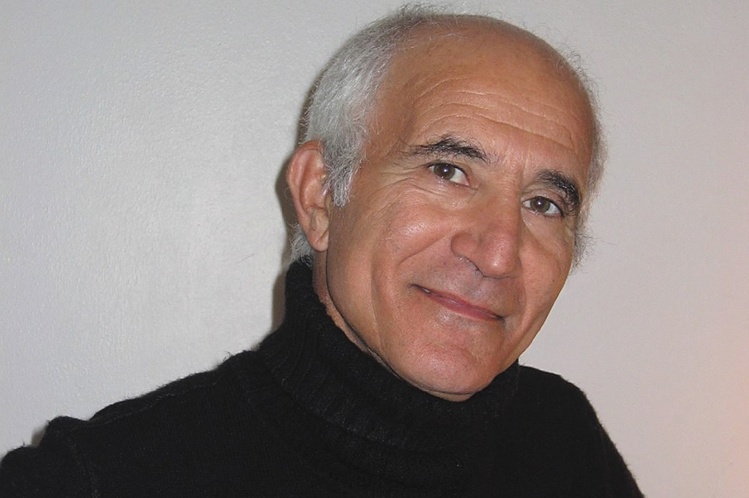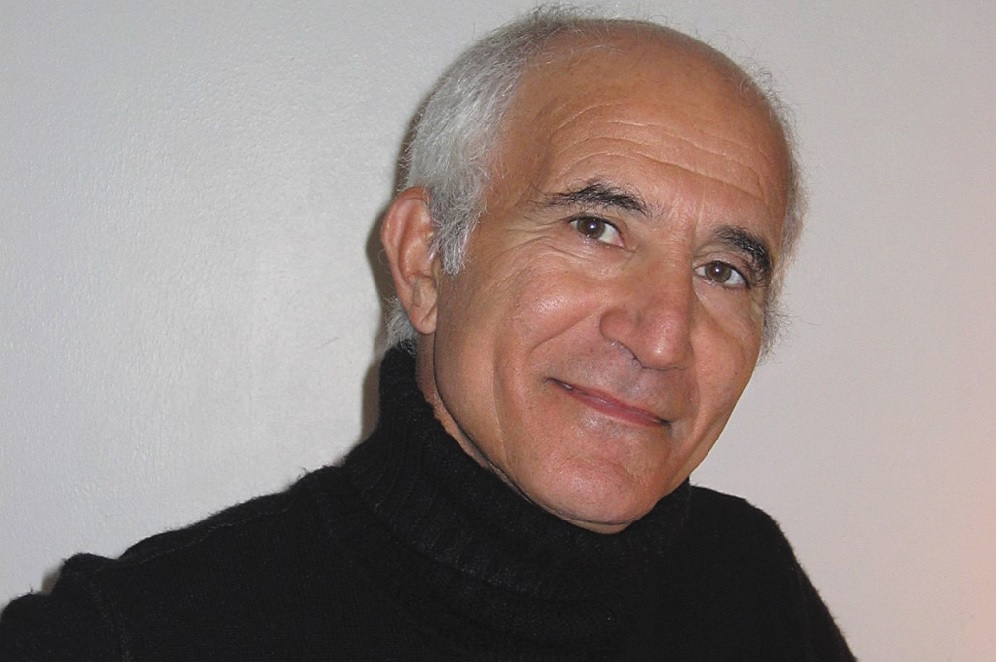One of those migrants who came to Perth from the town is Franco Smargiassi, a man who has lived a life full of adventures.
Smargiassi was born on July 14, 1942.
“I was born on Bastille Day, an important day for France and Europe at large, which started a revolution based on the ideals of freedom, democracy and the future,” he says.
Smargiassi’s father was the first of his family to come to Australia, in 1952, during the post-war migration wave.
“My father tried to migrate first to the United States, as my grandfather had migrated there in 1904 and he still had uncles there, but he wasn’t able to,” Smargiassi says.
“Instead, he came to Australia.
“My mother stayed in Italy with us five children.”
Smargiassi’s eldest brother was the first to join his father in Australia, followed by the rest of the family on April 18, 1954.
“We arrived in Perth on Easter Sunday,” Smargiassi recalled.
“Everything was so different from our home country; the city centre was desolate.”
The family settled in Mount Lawley, where Smargiassi made his first memories.
“The other kids at school would look at us inquisitively because of what we ate, but we looked at them bewilderedly because of their crustless sandwiches made out of sliced bread cut into triangles,” he says.
The family then moved to Pingelly, a small town located in the Wheatbelt region of Western Australia, around 160 kilometres from Perth.
Smargiassi went to high school in New Norcia, a monastic town established in 1846 by Benedictine monks.
He went on to study to be a doctor at university, but he failed his maths exam at the end of his first year.
While Smargiassi says this was “a shame”, it did not stop him from dreaming.
Having worked as a bricklayer with his father for a while, Smargiassi returned to university and graduated with a degree in history and geography.
He went on to teach these subjects in schools.
“They’re the two most important subjects in the world,” he says.
“History is important because it allows us to learn about events that have taken place over the centuries, while geography allows us to discover the world we live in.”
After his first three years as a teacher, Smargiassi returned to work with his father in the construction industry, where he stayed for two years to pay off his university debt.
But his passion for teaching refused to dwindle and he soon returned to the classroom, still helping his father on weekends.
“I had to support my wife and four children,” he explains.
Smargiassi married Gorizia native Lidia Breganti and the couple had four children: their firstborn Paolo; twins Eva and Carmela; and their youngest Davide.
The family moved to Albany, a coastal city at the southern tip of Western Australia and the first English colony in the state.
There he became the vice-principal at St Joseph’s College.
While he was fulfilling this role, Smargiassi encountered another twist in his life.
“From 1976 to 1977, I was teaching geography,” he says.
“I remembered an interesting tool that I’d discovered at university when I had an Italian professor, Professor Gentilli.”
The “interesting tool” in question was the stereoscope, a device for viewing a stereoscopic pair of separate images, depicting left-eye and right-eye views of the same scene, as a single three-dimensional image.
Smargiassi then began visiting the Department of Agriculture to borrow and study the only stereoscope that the department had, as it cost over $1500 at the time.
Identifying a business opportunity, he invested a great deal of money and began producing plastic stereoscopes, which could be folded in a box and cost a tenth of the price of the original model.
“It was on television and we sold our stereoscopes all over the world, including Europe and the United States,” he says.
In 1989, Smargiassi took his first trip to Italy to promote stereoscopes.
“My wife and I travelled 25,000 kilometres,” he exclaims.
The trip inspired Smargiassi to reconnect with his roots and devote himself to the Italian community in Australia.
“I’m Italian and I care about my culture, so it was important for me to pass it on to our children and enjoy it in Australia too,” he says.
Deciding to give back to the local community, Smargiassi became the president of the Albany Italian Club.
In this role, he launched the annual tradition of making sausages “on three tables, representing the north, the centre and the south”.
This tradition is just as strong today and continues to take place every year.
Fearing that the Italian culture was still in danger, Smargiassi decided to respond to the call of the federal government at the time to establish radio stations in areas outside Perth and launched Albany Community Radio.
He then returned to Perth alone, to live with his elderly mother, whom he cared for until her death in 2007.
While in Perth, he came across the Dante Alighieri Society; he later became the president of the society, a position he held until two years ago.
In the meantime, he founded the Western Australia Multicultural Association, with the aim of “enhancing the cultural diversity of Australia” through various events, such as the famous Multicultural Youth Talent Quest.
Thanks to Smargiassi, the two associations share offices in the same building, at the former Tuart College, in Banksia Street.
While promoting the Italian culture in Perth, Smargiassi formed a friendship with the late Raffaele Basini, who hosted a radio program on 6EBA, a multicultural broadcast radio station the city.
Basini, who sadly passed away in 2021, had hosted the program for two decades, while Smargiassi co-hosted.
In 2015, with the help of his friend Stefano Mollo, Smargiassi founded Global Chat Radio, an online radio station which started out in his house and is now based at Tuart College.
The radio station’s aim is to facilitate connections between the various cultures within Western Australia and foster meaningful conversations based on mutual trust, understanding and appreciation of the richness in all cultures.
While working tirelessly to promote the values of acceptance and respect, Smargiassi also tries to enact his personal motto every day:
“Life is beautiful, let’s enjoy it.”












